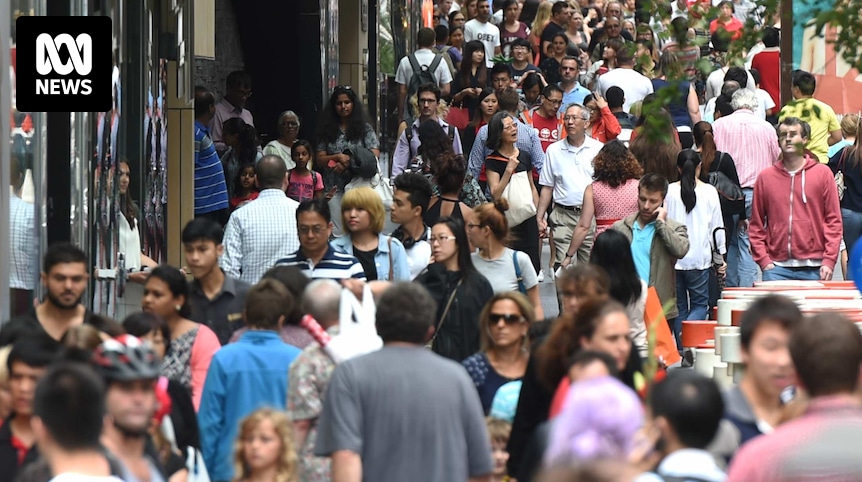
The Australian Competition and Consumer Commission (ACCC) has issued a stark warning to consumers about the operations of four websites allegedly masquerading as local businesses, a phenomenon commonly referred to as ‘ghost stores’. These websites are accused of falsely representing themselves as local Australian businesses that are closing down and offering high-quality products, while in reality, they are overseas-based and drop-shipping low-quality goods.
The ACCC has taken the step of issuing Public Warning Notices to alert consumers about the specific actions of the operators behind the websites everly-melbourne.com, willowandgrace-adelaide.com, sophie-claire.com, and doublebayboutique.com. According to ACCC Deputy Chair Catriona Lowe, these websites are not based in Melbourne, Adelaide, or Double Bay, nor are they imminently closing down as claimed. Lowe further alleged that the products supplied by these operators do not meet the advertised quality standards.
Widespread Issue of Ghost Stores
This warning follows a surge in consumer reports to the ACCC regarding online ghost stores. Since the beginning of 2025, the ACCC estimates receiving at least 360 reports concerning 60 online retailers, though media reports suggest the actual number of such stores could be significantly higher. The ACCC is particularly concerned that this deceptive practice is widespread, with many other ghost stores potentially making false claims of being local boutiques while supplying substandard products.
Complaints have also emerged about ghost stores refusing to issue refunds or only offering partial refunds to dissatisfied consumers. Often, these stores do not respond to complaints at all, further exacerbating consumer frustration.
Targeting Consumers Through Social Media
Ghost stores frequently target consumers via social media advertisements and tend to rebrand under new names, often incorporating different Australian suburbs, towns, or cities into their names to appear more local. “We urge all Australians to think twice before clicking on ads they see on social media claiming to be from a local boutique business,” Lowe advised. These stores often share emotional narratives about being small, locally operated businesses forced to close for financial reasons, creating a false sense of urgency with ‘closing down sales’.
However, as Lowe pointed out, the reality is often a stark contrast. Products that arrive are typically cheap, mass-produced items sold at inflated prices, failing to meet the quality or description advertised.
Identifying Ghost Stores
The ACCC has provided several indicators to help consumers identify potential ghost stores:
- The store name or domain may include an Australian location, but the domain is ‘.com’ rather than ‘.com.au’.
- The website often features a fabricated backstory about the owners and claims of an imminent closure.
- Social media ads frequently claim that the closing down sale ‘ends tonight’.
- AI-generated images of owners or team members may be used.
- The returns policy may require items to be returned to an overseas warehouse, despite claims of being locally based.
- Contact details are often limited to an email address or web form, with no phone number or physical address provided.
- The website’s policies may refer to international laws instead of Australian laws.
- There is no ABN or ACN provided for the business.
- Review platforms may have negative reviews, while the business’s website features only positive reviews.
- The business’s social media presence is recent, with negative reviews or reactions.
- Product images may be sourced from other sites, showing different descriptions and lower prices.
Steps for Consumers
The ACCC advises consumers to verify business names through the Australian Business Register and use reverse image searches to check product photos. Consumers should also consult local business directories and read reviews from other consumers to ensure legitimacy. If in doubt, avoid purchasing from the retailer.
Should a consumer find themselves having purchased from a ghost store, they are advised to contact their bank or payment provider to halt the transaction or reverse the charge. Leaving negative reviews on social media or review sites like Trustpilot can also help warn others. Complaints can be lodged with the relevant social media platform, and reports can be made to Google and the ACCC.
Background and Future Actions
The ACCC’s focus on consumer and fair-trading concerns, particularly misleading pricing practices, remains a priority for 2025-26. The commission is actively addressing issues where ghost stores fail to honor returns policies, often ceasing communication or offering only partial refunds contingent upon returning items at the consumer’s expense.
The ACCC has reached out to Meta Platforms, the owner of Facebook and Instagram, and Shopify, urging them to scrutinize and take action against ghost store operators. “We aim to increase public awareness of these dishonest businesses so Australians can avoid being deceived,” Lowe emphasized.
As the ACCC continues its efforts, consumers are encouraged to remain vigilant and report suspicious activities to protect themselves and others from falling victim to these deceptive practices.





